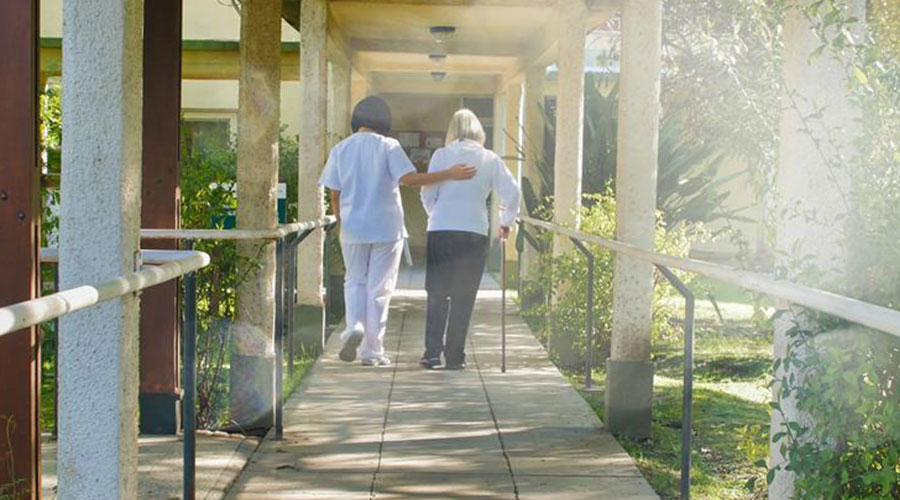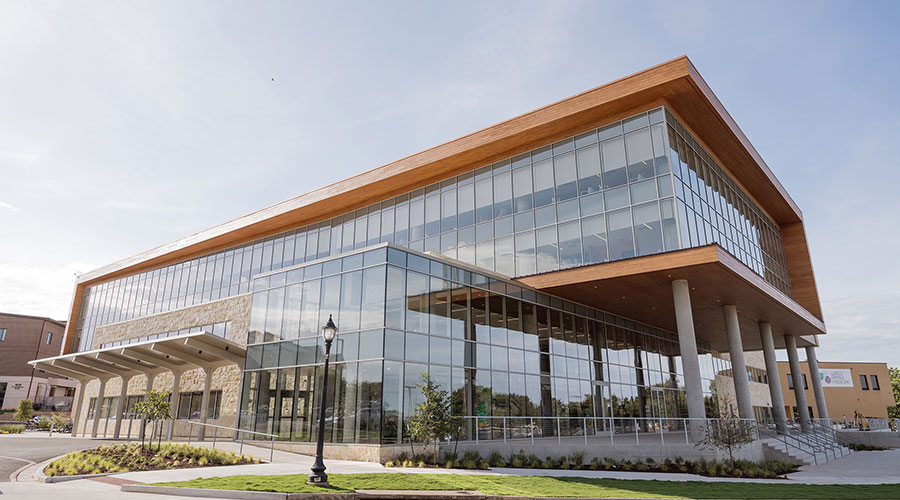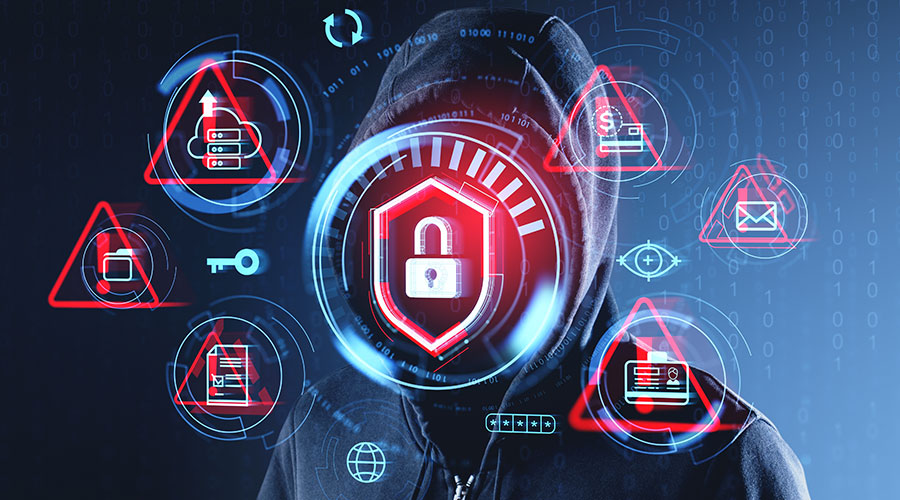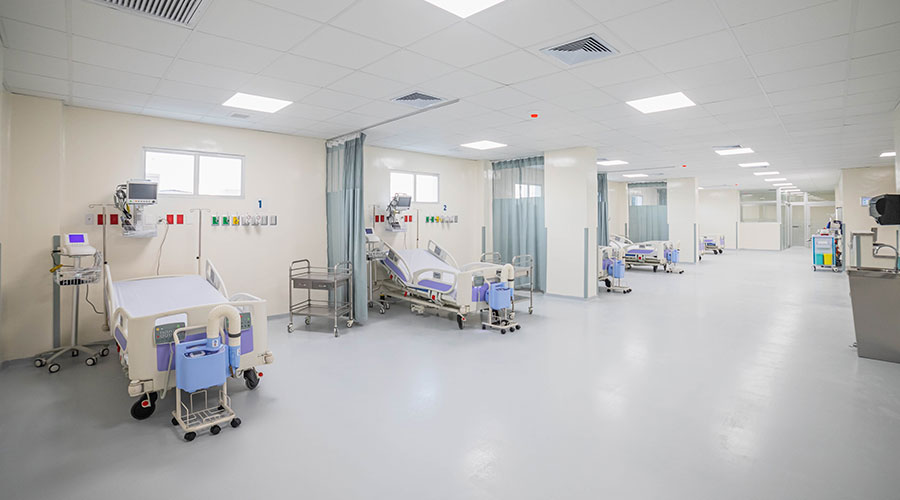In an industry as dynamic and busy as healthcare, it’s easy to move existing programs that seem “good enough” to the back burner to focus on more pressing and urgent needs. Even if you’ve already implemented changes to your security program, it is important to remember that periodic assessments should be performed to ensure that it remains effective. Regularly evaluating and improving your security program will help keep you, your staff, and the people you serve safer for the long term.
Not sure where to start? Here are a few key steps toward improving the effectiveness of your security program:
1) Conduct a security assessment. This important step will lay the foundation for your security program. Conducting a full security assessment every three years, with interim reviews conducted annually, will help keep your security program on track.
It is best to have a third party conduct your assessment. Internal assessments can prove ineffective because we’re often more lenient with ourselves and too familiar with our own environment to produce unbiased results. A thorough security assessment will include a review of the following areas:
• Policies
• Procedures
• Physical environment
• Technology
• Staffing
2) Implement a quality improvement process. Identify and prioritize action items or key initiatives. Then identify key performance indicators to measure and track progress. Establishing a five-year security budget will help ensure that you can make the necessary investments and upgrades to coincide with your key initiatives.
3) Never underestimate the importance of training. The ultimate goal of a quality security program is to create a culture of security, so that it becomes everyone’s responsibility. It is critical that training extend beyond just the security team to all hospital staff. Ongoing security training is an absolute necessity, and both new and refresher courses should be offered regularly.
Following these guidelines will help to ensure that your security program is not just “good enough,” but that it is as effective as possible, creating a safer and more secure environment for your patients, physicians, staff and visitors.
Bukowski is the vice president of healthcare, AlliedBarton Security Services.

 Designing Hospitals for Wellness
Designing Hospitals for Wellness Baptist Health Announces New Cancer Care Center in Key West
Baptist Health Announces New Cancer Care Center in Key West Waco Family Medicine Achieves Savings and Bold Design with Wood Selections
Waco Family Medicine Achieves Savings and Bold Design with Wood Selections Alleged Ransomware Administrator Extradited from South Korea
Alleged Ransomware Administrator Extradited from South Korea Design Plans Unveiled for New Intermountain St. Vincent Regional Hospital
Design Plans Unveiled for New Intermountain St. Vincent Regional Hospital